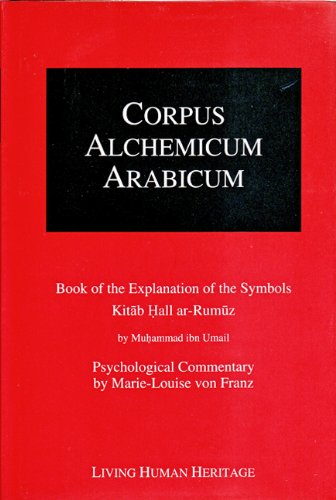"...the Imagination (or love, or sympathy, or any other sentiment) induces knowledge, and knowledge of an 'object' which is proper to it..."
Henry Corbin (1903-1978) was a scholar, philosopher and theologian. He was a champion of the transformative power of the Imagination and of the transcendent reality of the individual in a world threatened by totalitarianisms of all kinds. One of the 20th century’s most prolific scholars of Islamic mysticism, Corbin was Professor of Islam & Islamic Philosophy at the Sorbonne in Paris and at the University of Teheran. He was a major figure at the Eranos Conferences in Switzerland. He introduced the concept of the mundus imaginalis into contemporary thought. His work has provided a foundation for archetypal psychology as developed by James Hillman and influenced countless poets and artists worldwide. But Corbin’s central project was to provide a framework for understanding the unity of the religions of the Book: Judaism, Christianity and Islam. His great work Alone with the Alone: Creative Imagination in the Sufism of Ibn ‘Arabi is a classic initiatory text of visionary spirituality that transcends the tragic divisions among the three great monotheisms. Corbin’s life was devoted to the struggle to free the religious imagination from fundamentalisms of every kind. His work marks a watershed in our understanding of the religions of the West and makes a profound contribution to the study of the place of the imagination in human life.Search The Legacy of Henry Corbin: Over 800 Posts
Saturday, June 4, 2011
Jung, Pauli, von Franz & Corbin
In 1996 the Princeton-trained theoretical physicist Dr. Thomas Arzt wrote a paper on the relations between Jung's depth psychology and the natural sciences in which Jung's relationship and correspondence with Wolfgang Pauli figures prominently, "Wege zu einer zeitgemäßen Naturphilosophie" ("Towards a Contemporary Philosophy of Nature") (later published in Philosophia naturalis. Beiträge zu einer zeitgemäßen Naturphilosophie). He sent it to Marie-Louise von Franz who was by then very ill. She was sufficiently impressed to invite Arzt to visit her on her deathbed. He writes,
I did then visit her in 1997 and after a long discussion about Jung and the philosophy of nature I asked her where we as westerners should turn. She immediately said: "You have to read Henry Corbin and study Arab alchemy." She then mentioned Spiritual Body and Celestial Earth: "That is where western science could get new insight regarding a broader concept of reality."
Von Franz died in February 1998 and her last published work was an extensive introduction and commentary on a 10th century Arabic alchemical text. It appeared as Volume 1A of the Corpus Alchemicum Arabicum, the series edited by Theodor Abt. Her text contains several substantive references to to Henry Corbin and will be of considerable interest to students of Corbin & Jung.
I did then visit her in 1997 and after a long discussion about Jung and the philosophy of nature I asked her where we as westerners should turn. She immediately said: "You have to read Henry Corbin and study Arab alchemy." She then mentioned Spiritual Body and Celestial Earth: "That is where western science could get new insight regarding a broader concept of reality."
Von Franz died in February 1998 and her last published work was an extensive introduction and commentary on a 10th century Arabic alchemical text. It appeared as Volume 1A of the Corpus Alchemicum Arabicum, the series edited by Theodor Abt. Her text contains several substantive references to to Henry Corbin and will be of considerable interest to students of Corbin & Jung.
Labels:
sHWE
Subscribe to:
Post Comments (Atom)









No comments:
Post a Comment